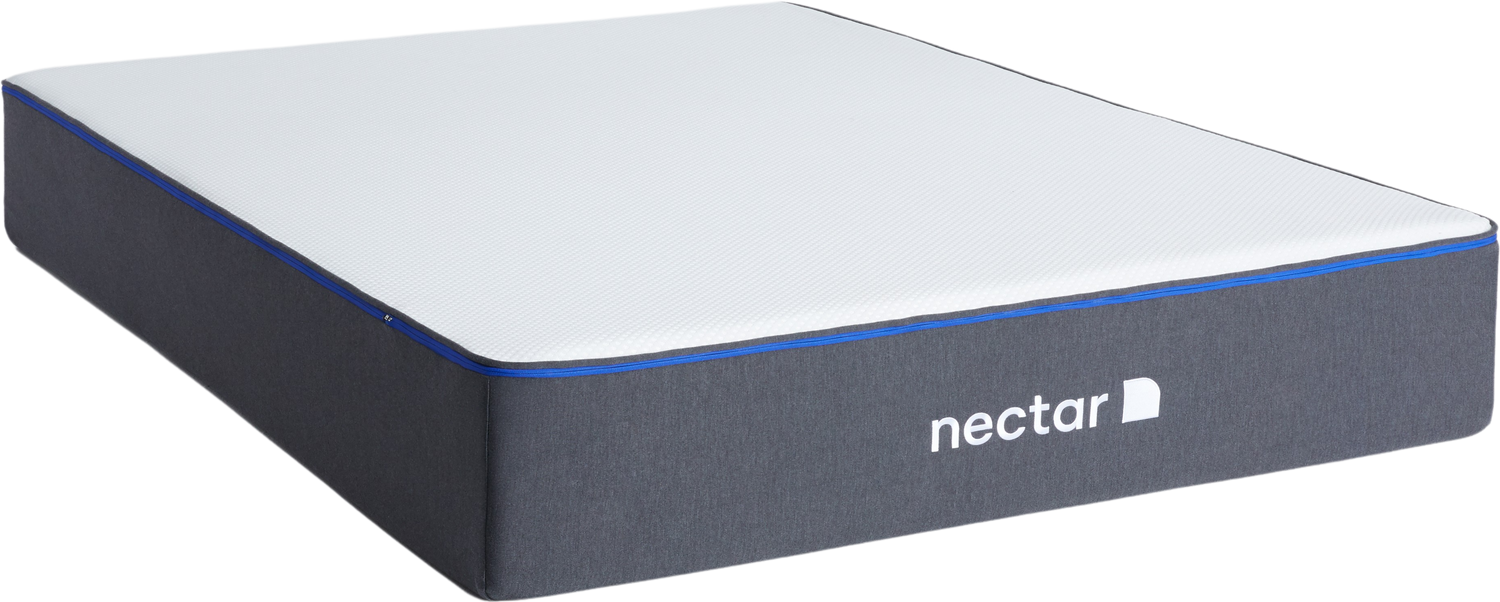The Case for Sleep: Your Brain’s Overnight Reset
There’s a reason “go sleep on it” is sound advice.
When we sleep, our brain gets to work clearing out toxins, organising thoughts, processing emotions, and even solving problems we couldn’t figure out while awake. Poor sleep doesn’t just leave us groggy — it disrupts mood regulation, increases anxiety levels, and makes it harder to cope with stress.
In fact, chronic sleep deprivation is linked to a higher risk of depression, anxiety, and even suicidal thoughts. It’s not just how long you sleep that matters, either — how well you sleep plays a huge role. Deep, uninterrupted sleep helps restore both brain and body. On the flip side, even just one night of poor sleep can send your emotional resilience plummeting.
🛏️ If you're snapping at loved ones, crying over minor things, or just feel like the world’s too much — it could be your pillow calling.
The Case for Exercise: Nature’s Antidepressant
You’ve probably heard that “exercise releases endorphins,” right? It’s true — and endorphins aren’t the only feel-good chemicals your body churns out when you move. Exercise also boosts dopamine and serotonin, which are crucial for mood, motivation and focus.
But the benefits go beyond the biochemistry. Exercise gives us structure, helps us feel accomplished, and often provides social connection (even if it’s just a friendly nod on a morning walk). People who exercise regularly report better mood, lower levels of anxiety, and fewer symptoms of depression.
And here’s the kicker — you don’t need to run marathons or do burpees at 6am. Even 20 minutes of moderate activity (think walking, cycling or dancing in your kitchen) can do wonders.
🏃 Feeling stuck in your own head? Movement is one of the fastest ways out.
The Case for Diet: Fuel for Your Feelings
We’re learning more and more about the gut-brain connection — and it turns out, the old saying “you are what you eat” might actually apply to your mood too.
Diets high in sugar and processed foods can increase inflammation, which has been linked to depression and anxiety. Meanwhile, diets rich in omega-3s, fibre, lean protein, and colourful fruits and veg can support brain health, stabilise mood, and give you more energy throughout the day.
There’s even emerging research suggesting certain nutrients (like magnesium, B vitamins, and zinc) are directly linked to mental well-being. And probiotics? They’re not just for digestion — they play a role in producing neurotransmitters, too.
🥦 Put simply: the better you eat, the better your brain functions. And the better your brain functions, the better you feel.
So… Which Matters Most?
Here’s the honest truth: sleep, exercise, and diet are like a tripod. Knock one leg out, and your mental health can wobble.
But if we had to crown one winner? It’s probably sleep. Why? Because even the best diet and most consistent workouts can’t make up for the emotional and cognitive chaos that comes from sleep deprivation. If you’re not sleeping well, your motivation to eat right or exercise often takes a nosedive too — it’s the foundation.
That said, none of these work in isolation. They support each other. A good night’s sleep gives you the energy to exercise. Exercise helps you sleep better. A nourishing diet fuels both. It’s a beautiful cycle when all three are aligned.
Start Where You Are
If you’re reading this thinking, “Great, but I’m barely getting by — where do I even begin?” — you’re not alone. Start small. Try going to bed 30 minutes earlier tonight. Take a short walk tomorrow. Swap one processed snack for something fresher.
Mental health isn’t about being perfect — it’s about taking little steps that help you feel a little better, more often.
Because when your mind feels good, everything else becomes that little bit easier.




